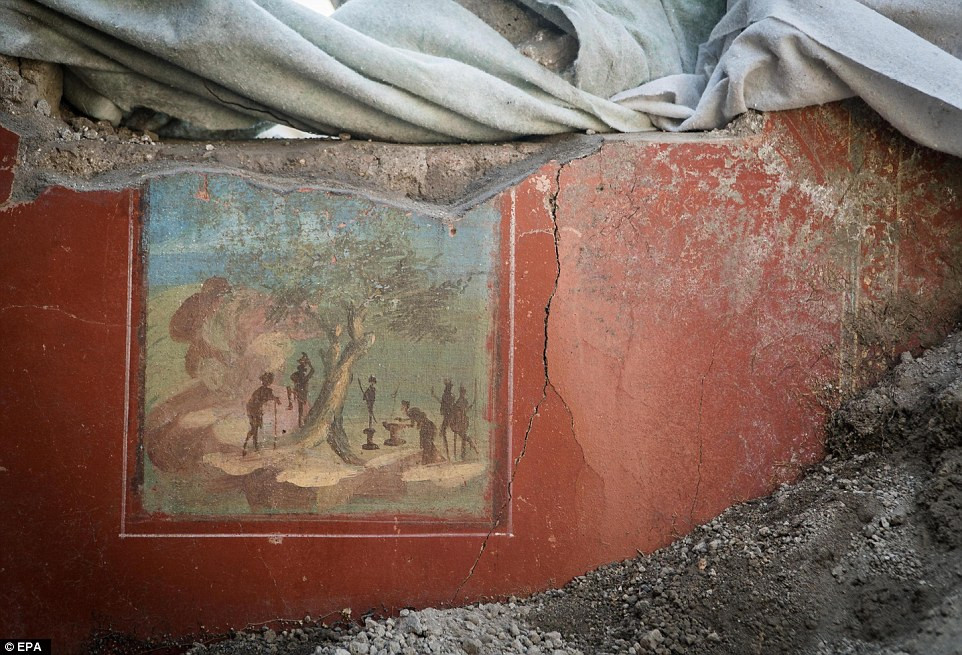South Korea Impeaches President Yoon Suk Yeol
South Korea's National Assembly has voted to impeach President Yoon Suk Yeol, marking a dramatic turn in the nation's political landscape. The impeachment motion, stemming from his controversial declaration of martial law earlier this month, passed with 204 votes in favor, exceeding the necessary two-thirds majority. This unprecedented move suspends President Yoon from his duties, pending a final decision by the Constitutional Court. The vote was a stark contrast to the previous week's failed impeachment attempt, where the ruling People Power Party (PPP) boycotted the proceedings. This time, however, members of Mr Yoon's own party joined the opposition in passing the motion, signifying a significant shift in political sentiment.
The Aftermath of Martial Law
President Yoon's six-hour declaration of martial law, the first in over four decades, sent shockwaves through South Korea. The move, which granted the military sweeping emergency powers to quell what he termed “anti-state forces”, prompted widespread protests and condemnation. While the decree was swiftly overturned by parliament, its ramifications continue to reverberate, causing major political turmoil, disrupting diplomatic relations and triggering instability in the financial markets. During this period the President mobilized military and police forces, creating a significant threat to the National Assembly and the public, actions that many considered an attempt to undermine the constitution.
Public Outcry and Political Divisions
The public's response to the martial law declaration was immediate and vociferous. Massive protests erupted across the country, with hundreds of thousands taking to the streets to demand the president's removal. In Seoul alone, an estimated 200,000 people massed outside the National Assembly, while another 30,000 rallied in support of President Yoon near Gwanghwamun square, reflecting the deep polarisation within the nation's political landscape. These demonstrations highlight the profound public dissatisfaction with Mr Yoon’s actions and the strong demand for accountability from the government.
The Impeachment Vote and its Implications
The successful impeachment vote signals a major turning point in the political crisis. The opposition parties, holding 192 seats in the 300-member parliament, secured the necessary votes with the support of some members from the ruling party. This bipartisan effort demonstrates a broad consensus on the need to hold President Yoon accountable for his actions. The fact that even members of President Yoon’s own party voted for impeachment underscores the severity of the situation and the deep level of mistrust that has developed between the government and the public. Eighty-five members voted against the motion, and three abstained. Eight votes were deemed invalid.
President Yoon's Response and the Constitutional Court's Role
In a televised address following the impeachment vote, President Yoon stated that he would “step aside” but also vowed he “will not give up”. He defended his actions by highlighting the four major reforms his administration was attempting to implement, regarding pension, healthcare, labor, and education systems. He claimed that these were essential for the nation’s future, but failed to offer any details on these projects. His statement further indicated that he intends to fight the impeachment through the Constitutional Court. The court now has 180 days to decide whether to uphold or overturn the impeachment, a process that will further test South Korea's political stability and test the legitimacy of the impeachment. Meanwhile, Prime Minister Han Duck-soo, assuming the role of acting president, has pledged to ensure the government's stability during the interim period. He intends to continue running the government until the Constitutional Court makes a final decision on the impeachment.
What Happens Next: A Nation Awaits
The Constitutional Court's decision holds immense significance, not only for President Yoon's future but also for the stability of South Korea's democracy. A successful impeachment would be a historic moment, making President Yoon the second president in South Korean history to be removed from office through this process. A national election would then have to be held within 60 days to choose his successor. If the impeachment is overturned, President Yoon will be reinstated. The coming months will be critical, as the country grapples with the long-term consequences of the political turmoil ignited by the martial law declaration and the eventual ruling on President Yoon’s impeachment. The future of South Korea hangs in the balance, depending upon the decision from the Constitutional Court. The wait is agonizing for the millions of South Koreans who have been embroiled in this political drama for the past few weeks. This impeachment is a testament to the power of the people in South Korea’s vibrant democracy. The outcome will undoubtedly shape South Korea's political landscape for years to come.


















